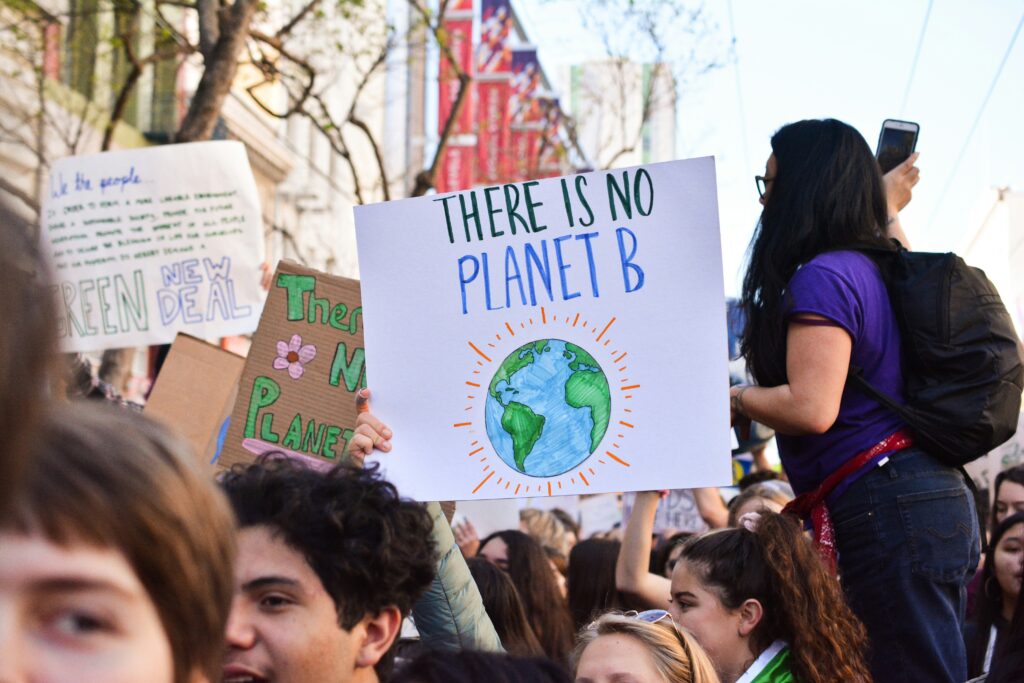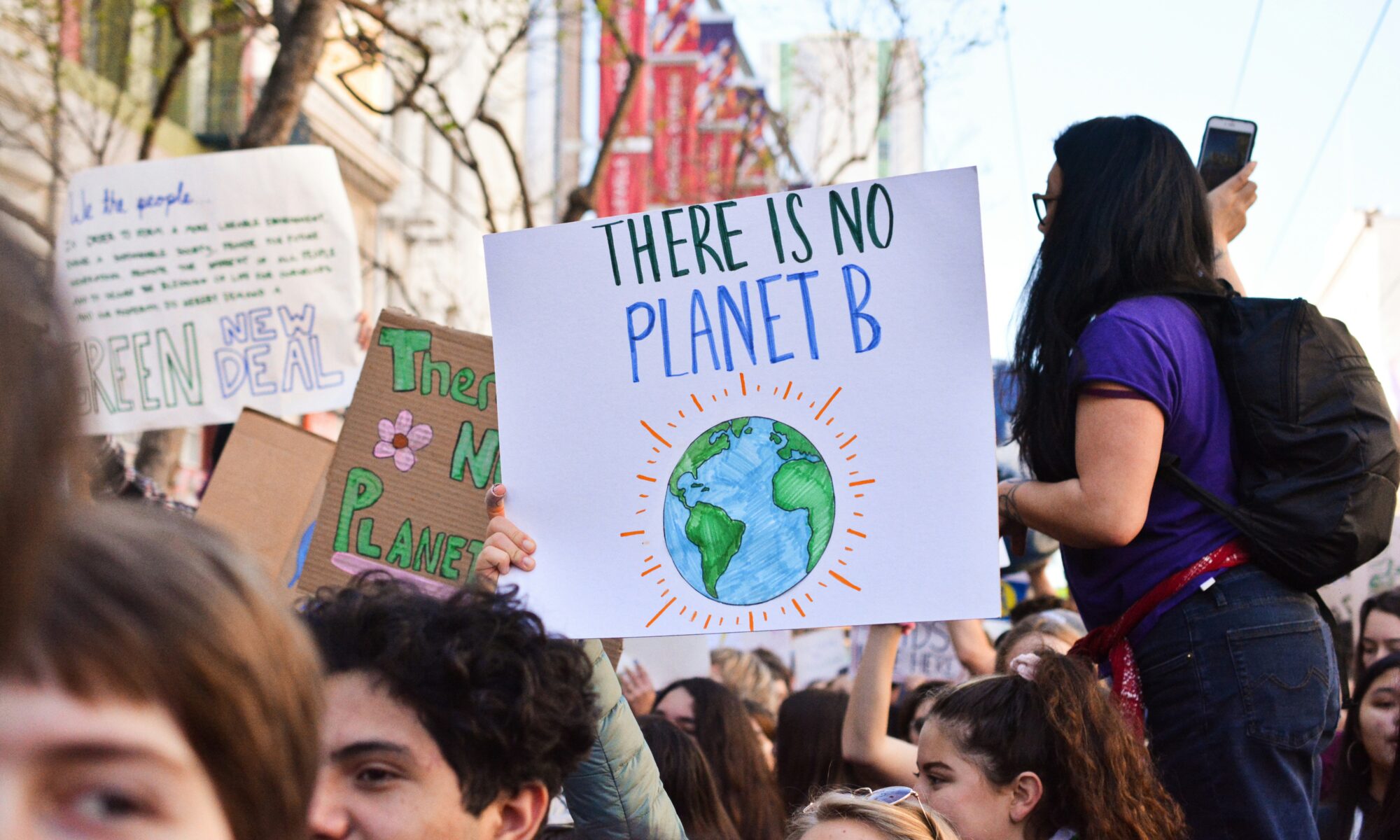
Walking the Talk – Can Vermont Law and Graduate School and the village of South Royalton, Vermont become an example of respect for the right to a right to a clean, healthy, and sustainable environment?
By Todd Howland & Katherine Cantor
Todd Howland serves as Interim Director of the Environmental Justice Clinic and Visiting Professor at Vermont Law and Graduate School, and is also a Senior Fellow at the Institute on Race, Power and Political Economy at the New School.
Katherine Cantor is a 2L and is the Research Assistant for Professor Howland, as well as a Staff Editor on Vermont Law Review.
What comes to mind when you consider human rights? Is it something along the lines of summary executions and torture in far off countries? The reality of human rights is different and is much closer to home. Human rights are relevant to everyone’s lives, every single day and include civil, political, economic, social, and cultural rights.[1] For example, the right to a clean, healthy, and sustainable environment impacts all of our lives each day. “All human rights depend on a healthy environment. We cannot be healthy, eat adequate and nutritious food, drink clean water and breathe clear air without it.”[2]
Not only are human rights integrated into our everyday lives, but human rights are also more than limits on government action. Instead, human rights should be seen as a social contract that creates rights and duties for each of us that we owe to each other in order to create healthy and prosperous societies. All levels of government, village to national, have duties to respect, protect, and fulfill human rights including ensuring that individuals (including the most powerful individuals) and corporations respect our human rights. “This extends to protecting people from foreseeable and preventable human rights harms caused by all forms of environmental degradation.”[3]
As Eleanor Roosevelt—who was Chair of the Drafting Committee of the Universal Declaration of Human Rights—said in 1958, “[w]here, after all, do universal human rights begin? In small places, close to home—so close and so small that they cannot be seen on any maps of the world.” [4] That would be us, on our bend of the beautiful White River. We all have a duty to respect the right to a clean, healthy, and sustainable environment and that duty extends to all decisions we make.
Many cities and local governments are beginning to embrace the fact that they have duties and obligations to fulfill human rights law. A city councilor in Winnipeg, Canada, stated, “[a] quiet revolution is happening, cities and municipal actors are doing a lot of incredible work to understand how they can engage more with human rights.”[5] Many localities have designated themselves as ‘Human Rights Cities’ where the local governments recognize their duties under international human rights law and integrate human rights into decision and policy making “to promote the rights of their constituents.”[6] We are aiming to be one of those localities.
We aim to be a community taking our human rights obligations seriously, for the benefit of us all, because if it does not start locally, where will it start? To the degree that we have the power to help implement the right to a clean, healthy, and sustainable environment, we must use that power. Further, through our effort to respect the right to a clean, healthy, and sustainable environment we can further all rights, including the rights to quality affordable housing, access to health care, and livelihoods. We can demonstrate to all those willing to learn that you do not need huge capital but sensible financing to go green and that going green does not necessarily produce negative consequences, like gentrification. It is all about understanding interconnections and doing due diligence about the impact of our actions on others in order to create a “Just Green Transition” that is human rights enhancing.[7]
There have already been numerous efforts in the law school community—too many to mention here—applying our human rights duties in our community. Perhaps the most well-known example being the composting toilets in Oakes.
Among the many efforts going on at VLGS today, are those of: Marley Wiest, Kathryn LaMontagne, Kirt Mayland, Genevieve Byrne and Dee Gish (partnering with 350 Vermont), on developing a geothermal energy network in SORO; Lara Herrmann with the Animal Law Society who is working on implementing more vegan options and days at the Cafe; Vanessa Kranz and Professor Ireland who are working on window decals to decrease bird strikes and deterring the campus from utilizing rodenticides; Caroline Sherman-Gordon, a community farmer, who works with Rural Vermont on a host of agricultural issues wants to partner with the school relative to composting and local food production; and the students, staff and faculty re-dynamizing our food waste composting system; Jenny Carter at the Institute of Energy and the Environment has expanded our EV charging capabilities, both on campus and in service to the town; Rich Levitt and Taylor Cox are looking at ways to raise funds or investments for moving VLGS and SORO to green energy. Additionally, last semester students and faculty launched the Just Green Transition effort not only for VLGS and SORO to up our game, but to convert us into a world leader.
Please join us all in accepting our human rights obligations to implement a clean, healthy, and sustainable environment for one another. During this time of the negation of rights and rule of law, we can lead the way to creating a campus and village that are respectful of all human rights for everyone. Our practices will demonstrate that human rights begin close to home, in places so small that they cannot be seen on any maps of the world, but through this effort, it will put us on the map!
Join us to walk our talk. Take the linked survey to be part of the solution or to find out how you can become part of the solution. Also, look for work study and volunteer opportunities in this area by contacting Talor Cox at tcox@vermontlaw.edu.
[1] Office of the U.N. High Comm’r for Hum. Rts., Human Rights Day: Human Rights Matter Every Day for Everyone, Everywhere, U.N. Hum. Rts.: Stories (Dec. 9, 2014).
[2] Office of the U.N. High Comm’r for Hum. Rts., “The Right to a Clean, Healthy, and Sustainable Environment – What Does It Mean for States, for Rights-holders and for Nature?”, U.N. Hum. Rts.: Media Ctr. (May 16, 2022).
[3] Id.
[4]Eleanor Roosevelt, Chair of the Drafting Comm. of the Universal Declaration of Hum. Rts., The Great Question (March 27, 1958).
[5] Office of the U.N. High Comm’r for Hum. Rts., “Human Rights Cities:” Human Rights Solutions at the Local Level, U.N. Hum. Rts.: Stories (July 29, 2025).
[6] Id.
[7] Just Transition: A Framework for Change, Climate Just. All., (last visited Sept. 12, 2025); U.N. Dep’t of Econ. & Soc. Affs., Policy Brief No. 141: A Just Green Transition: Concepts and Practices so far (Nov. 2022).

